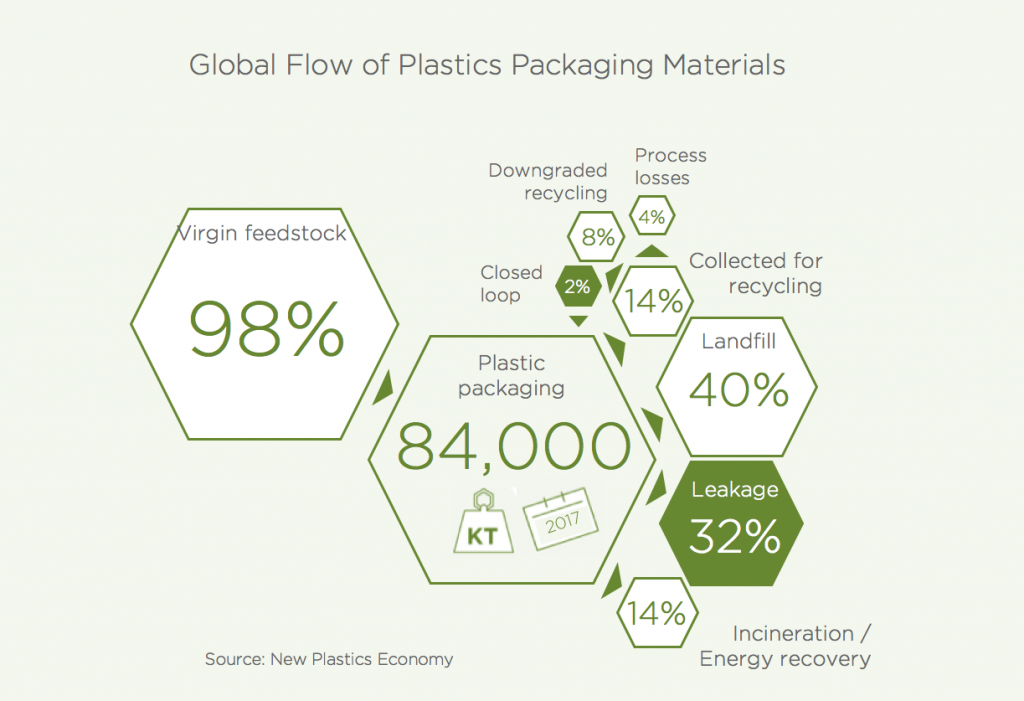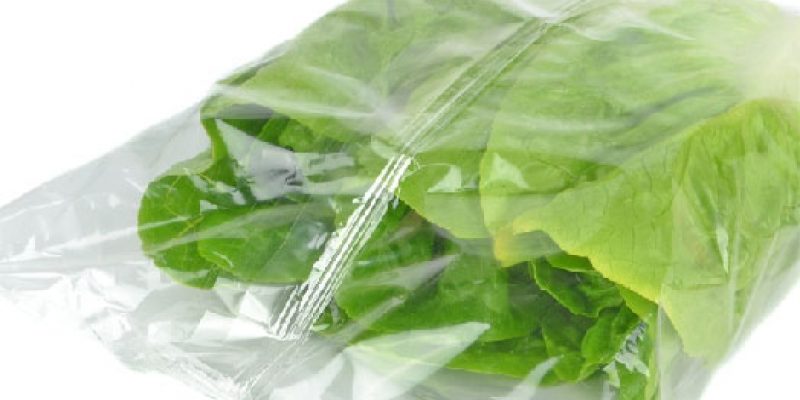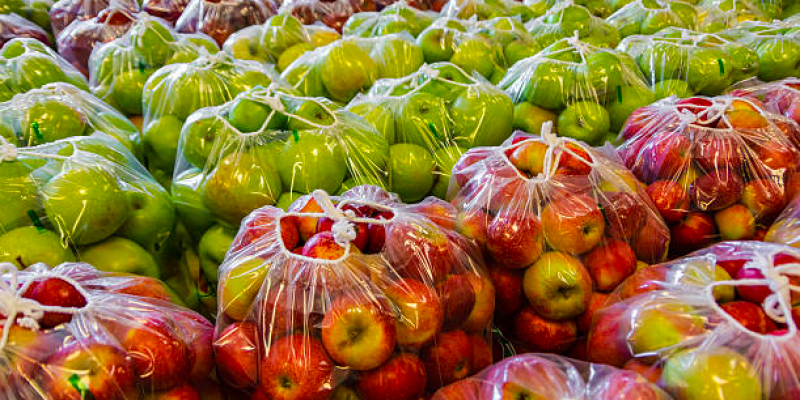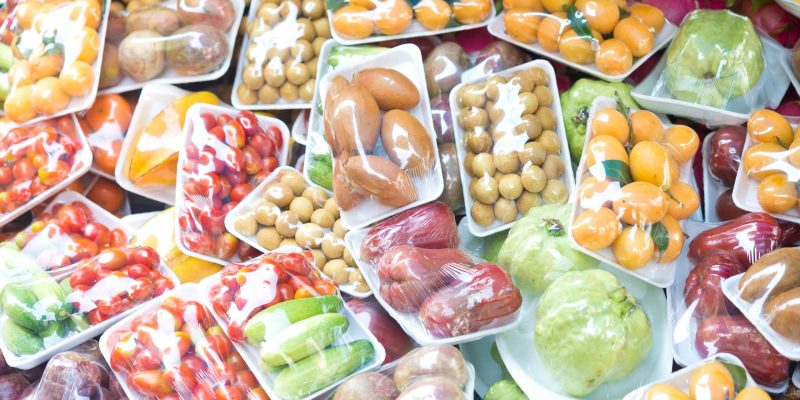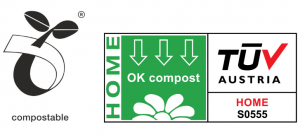PLASTIC POLLUTION:
A WAKE-UP CALL
Last year, we consumed globally more than 335 million tonnes of plastics, of which packaging, mostly single use, accounted for 84 million tonnes. Unfortunately, we only collect about 14% for recycling and only 2% of all packaging waste are recycled into a product of the same quality. Even more worrying, 40% end-up in landfill or incineration, and a shocking 32% leak uncontrolled into the environment.
It’s time to re-think
With plastic consumption expected to grow to 1,225 million tonnes by 2050, we cannot continue as before. But instead of demonising and outright banning conventional plastics, we should re-think our relationship with plastics. Plastics play an important role in our life: Making it safer and more hygienic, keeping us warm, reducing energy consumption for transport, and prolonging foods’ shelf life.
The way forward
We need to move from a linear to a circular economy, which requires us to design packaging in a way that we:
- Minimise packaging material usage;
- Increase share of recycled materials;
- Build-in reusability and recyclability;
- Make packaging biodegradable wherever there is a risk of it leaking into the environment.
Our contribution
We want to help mankind “enjoy plastics guilt-free”. To achieve this, we’re enabling the packaging industry to overcome today’s bioplastic conundrum of lack of functionality, higher prices, and small volumes by:
- Bringing to market a functional bioplastics – our GuiltfreePlastics® could technically replace 90% todays polyethylene applications;
- Closing the cost gap between conventional packaging with sustainable flexible packaging solutions that are 100% recyclable and 100% biodegradable;
- Creating a scalable and reliable supply chain by licensing our BIOPAR® Technology to compounders around the world.
Learn more about our current product range for bags of all kinds and flexible packaging, as well as our offer for brand owners to co-develop packaging at our bioplastics application centre.


